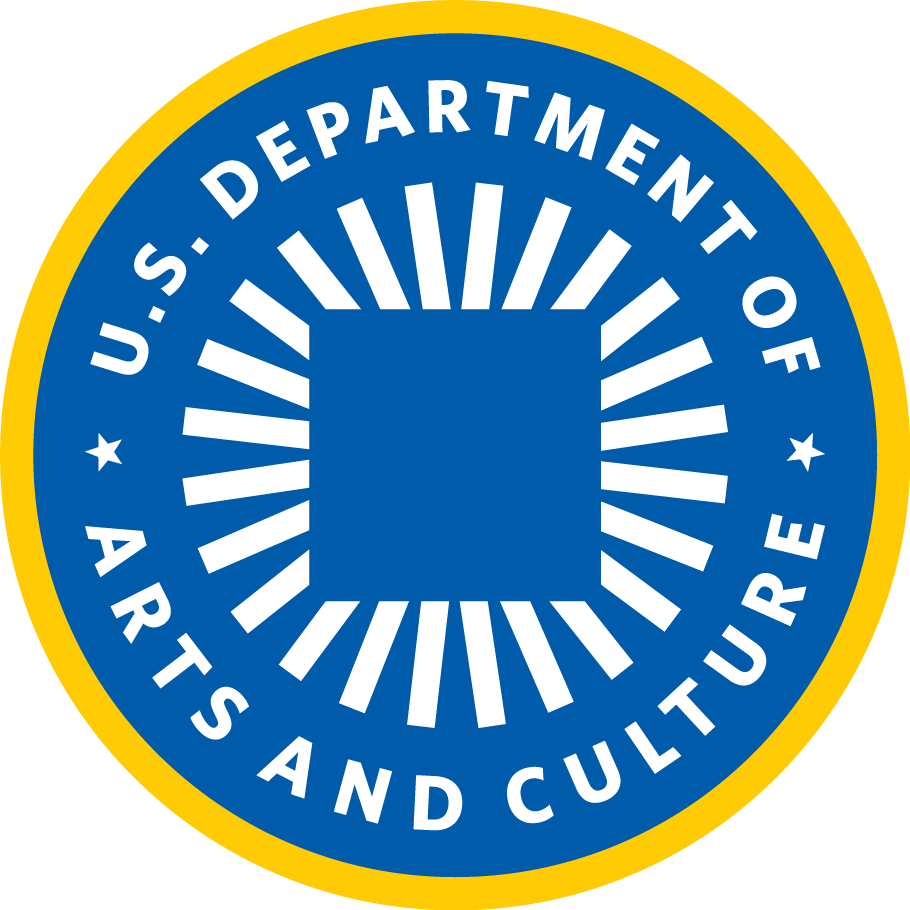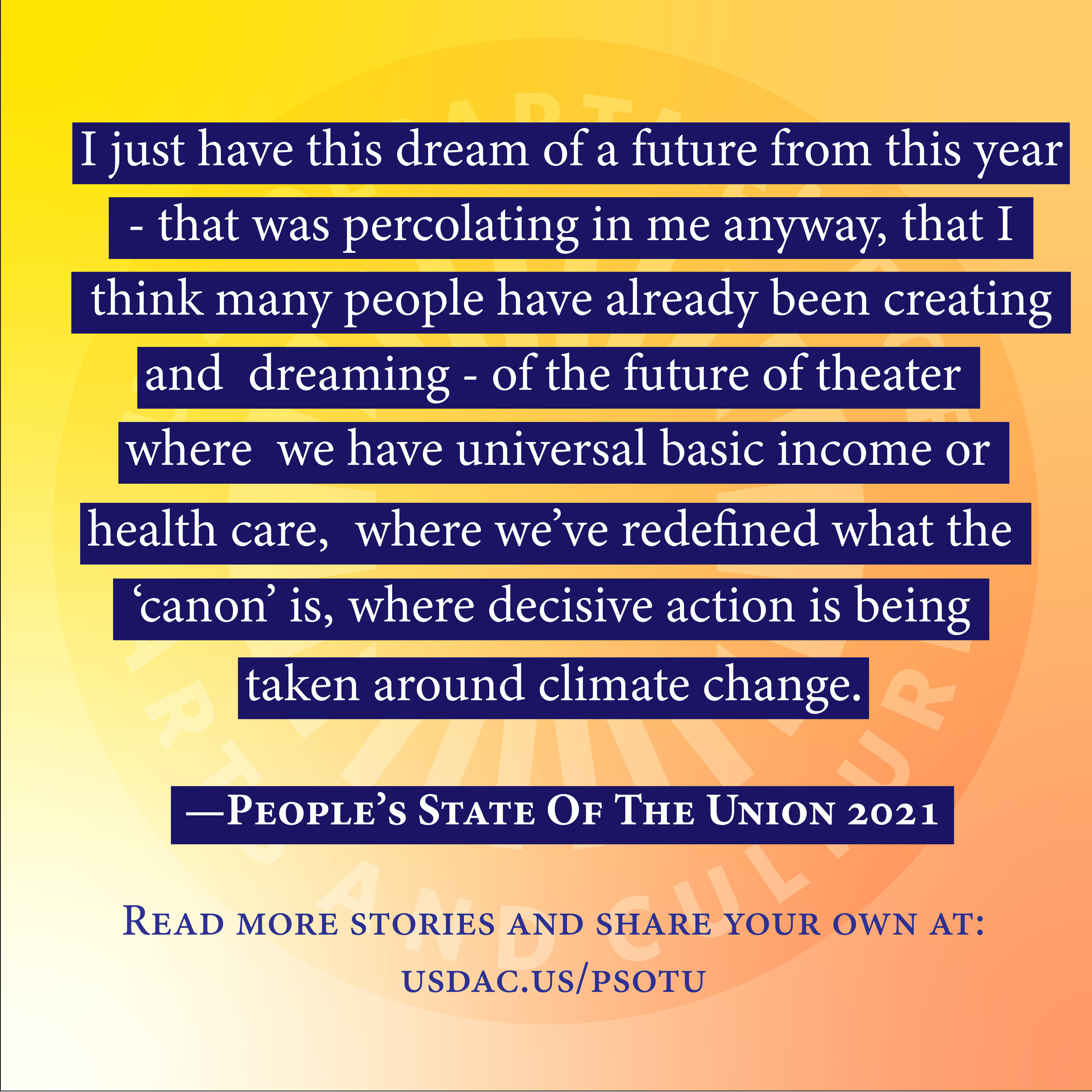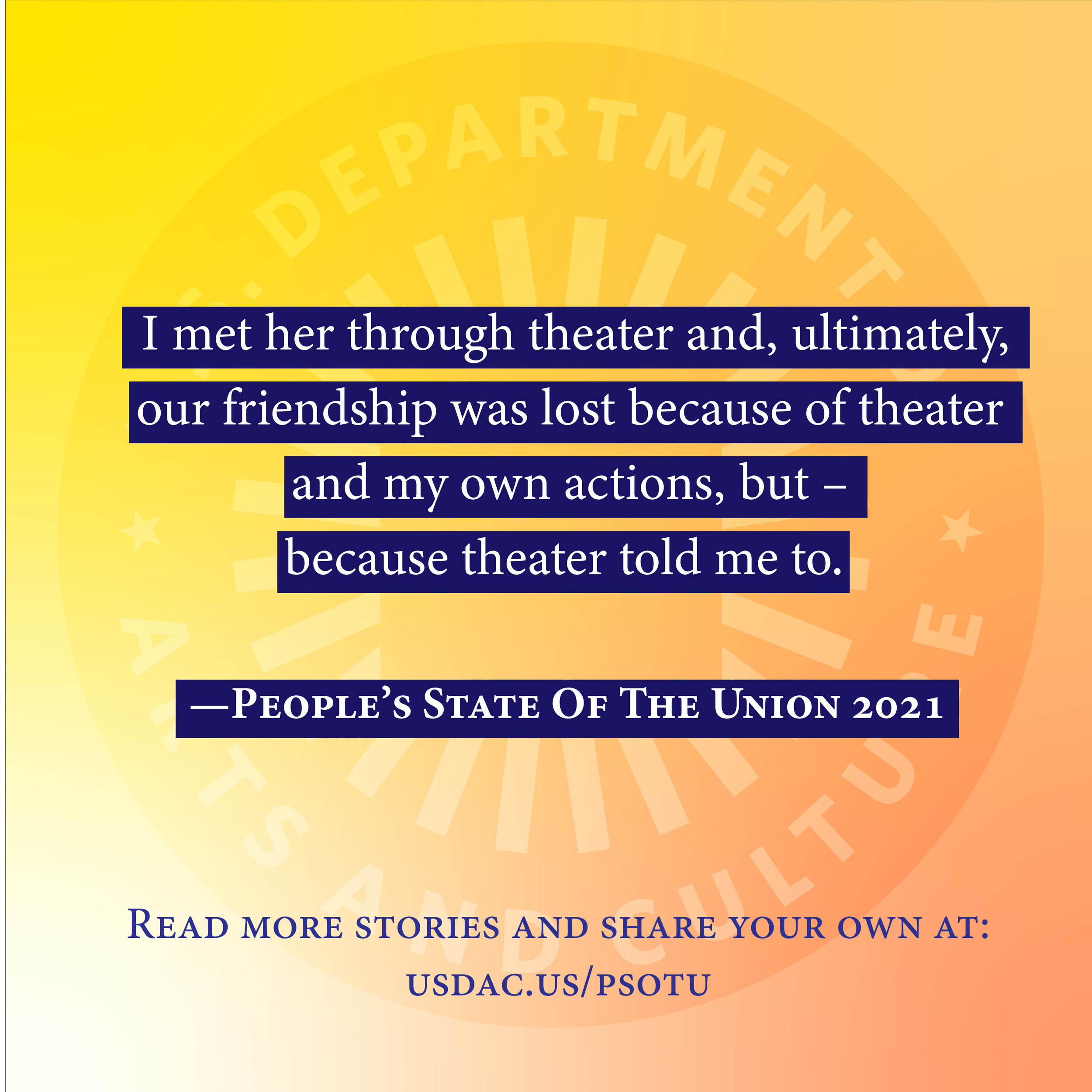“the time I adopted my son”
adopted my son
two weeks later the world shut down
experience one of the greatest things i’ve ever experienced
immediately dovetailed by global pandemic
govt and leadership not deserving of the name
i was aware of many different ways the world was changing, affected by this
his life was cloistered, tiny
day in day out, running around house, unable to play with friends of go outside
been a very long experience
having my wife, a nurse, in a pandemic.
that too has resulted in anxiety and lethargy
we as people find ourselves tired
the dance parties we do with him are a source of rejuvenation
working hard to keep that
began with a bang...flowed into something tight and oppressive...been doing our best to take our existing energy and break out of that.
“art”
I’ve been spending time lately making sense of family and family history
my father died 15 years ago. Holocaust survivor
mother died 8 months ago...holocaust survivor of a different sort.
Have been thinking abut stories of growing up, traumas that came with that.
He was an amazing man, incredible optimist.
would take me out of school...we’d go to museums in new york, he’d give me tours, I’d give him tours. seeing art, Canopic jars that were 4000 years old made me feel connected. It felt like time travel
I’ve been trying to make sense of that and write about it.
my sister and i have gotten close, and since my mother dies even closer. embarking on writing family stories, what matches up or doesn’t between our accounts.
connecting my own history with the holocaust with what’s happening today.
on the one hand we don’t need another holocaust story, there are plenty, so the purpose, what i am seeking out, is connecting that to the other forms of racism that are happening today. contributing to social justice movements today.








